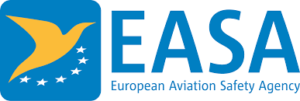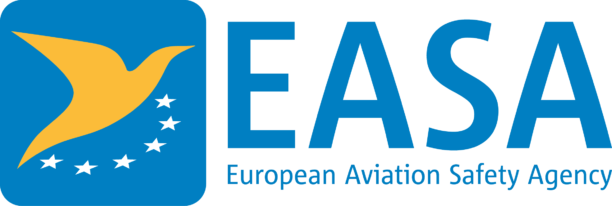
During a plenary session on the New European Regulatory Framework, representatives from industry and regulatory agencies discussed the appropriate framework for drone regulations: performance-based, collaborative, and global.
The first package of drone regulation from EASA will, the agency hopes, be published in the first or second quarter of 2019. The second package, which will include items like certification, will be published for comment in 2020 – and the UTM package after that. In Europe, as in the US, some industry stakeholders say that regulations risk limiting innovation and adoption – while regulators are focused, as they are required to be, on safety.
In Europe, however, the emphasis on safety comes just ahead of another widely recognized goal: the development of the European drone market. Despite that, regulators admit that while the development of Commercial Aviation Regulations 20 years ago was based on deep understanding of manned aviation – when it comes to drones, regulators are in a whole new space.
“We’ve been learning by doing,” says Pekka Henttu, a representative from TRAFI, Finland’s Transport Safety Agency. “My expectation and hope is that we’ll have harmonized regulation – which will bring Europe to the top of the industry,”
“For the first time in history, aviation becomes a truly commercial product,” says Daniel Wiegand, the CEO of Lilium, a heavy lift electronic vertical takeoff and landing (eVTOL) aircraft, commenting that performance-based regulation is the best stepping stone towards a regulatory framework.
Steve Nordlund of Boeing agreed with Wiegand. “Aviation is being used in ways – and in industries – that its never been used before,” he says. “Complementary regulatory activity around the world is incredibly important.”
“Maintaining the level of safety – or even improving the level of safety – is the commitment that we need to have…. a tight collaboration between industry and regulators globally is incredibly important.”
Christoph Raab, CEO of Drone Alliance Europe, emphasized that cooperation between countries is crucial. “Our approach is a harmonized approach. We need one set of regulations across Europe,” he says, commenting that small businesses especially need the leverage of a larger market. “It’s about creating wealth, and jobs, and business.”
“The more that we have globally interoperable rules, the mroe benefit that we have,” says Raab. “It’s important that international regulators are aware of this.”
Raab also sees the importance of talking to communities about the benefits of drones. “We should not speak about acceptance, but explain the social value… that should be on the forefront on our minds.”
Asked if we’ve made appropriate progress in the industry towards regulation, Nordlund says the enormous growth of the industry so far indicates progress. He emphasized again that collaborative activities between industry and regulators are critical to growth – in activities he described as “test and learn,” focused on solving problems with this new form of aviation. “We’re just starting,” he says.
While acknowledging that all stakeholders may not agree on the EASA Basic Regulation introduced earlier this year, “We’ve opened the door,” says Henttu. “…We’ve started the conversation.”
The conversation among aviation regulators is similar around the world – issues of safety, privacy, cyber security, public acceptance, and industry adoption are all complex and difficult topics. But in Europe, those issues are being addressed with a view towards global cooperation and the growth of the drone market – good for European drone companies, and good for Europe.
Miriam McNabb is the Editor-in-Chief of DRONELIFE and CEO of JobForDrones, a professional drone services marketplace, and a fascinated observer of the emerging drone industry and the regulatory environment for drones. Miriam has penned over 3,000 articles focused on the commercial drone space and is an international speaker and recognized figure in the industry. Miriam has a degree from the University of Chicago and over 20 years of experience in high tech sales and marketing for new technologies.
For drone industry consulting or writing, Email Miriam.
TWITTER:@spaldingbarker
Subscribe to DroneLife here.
